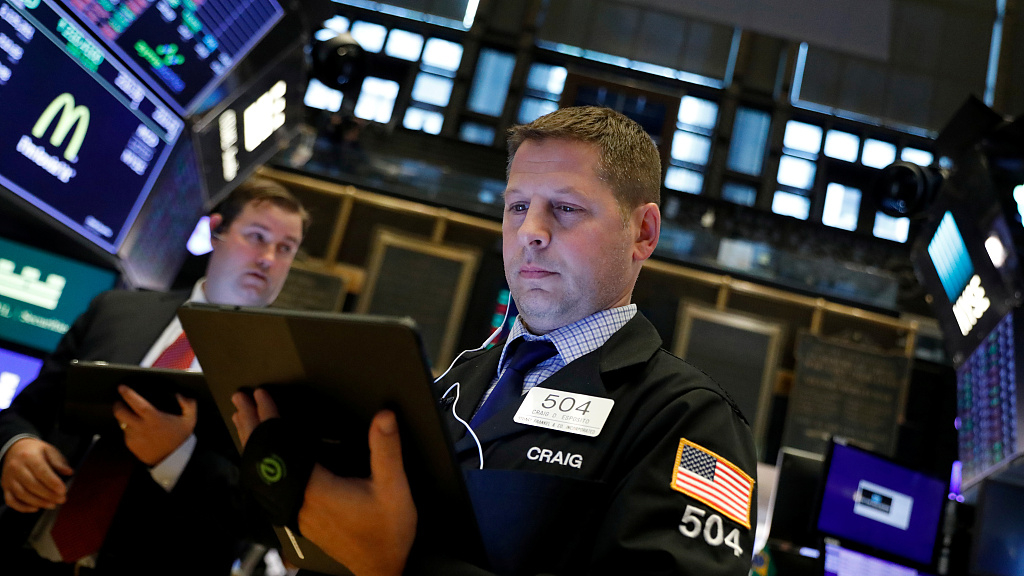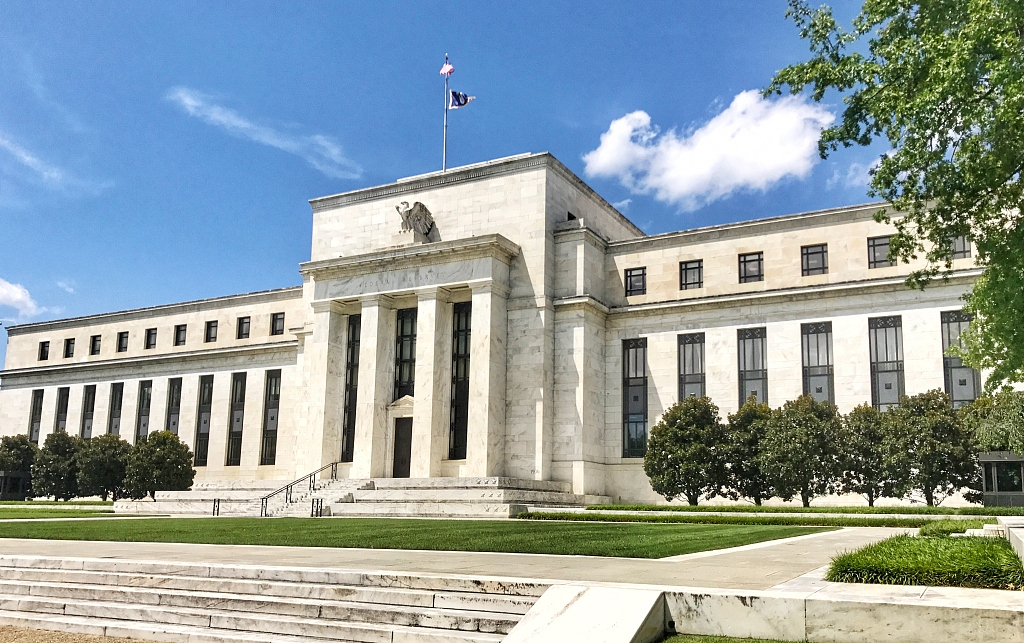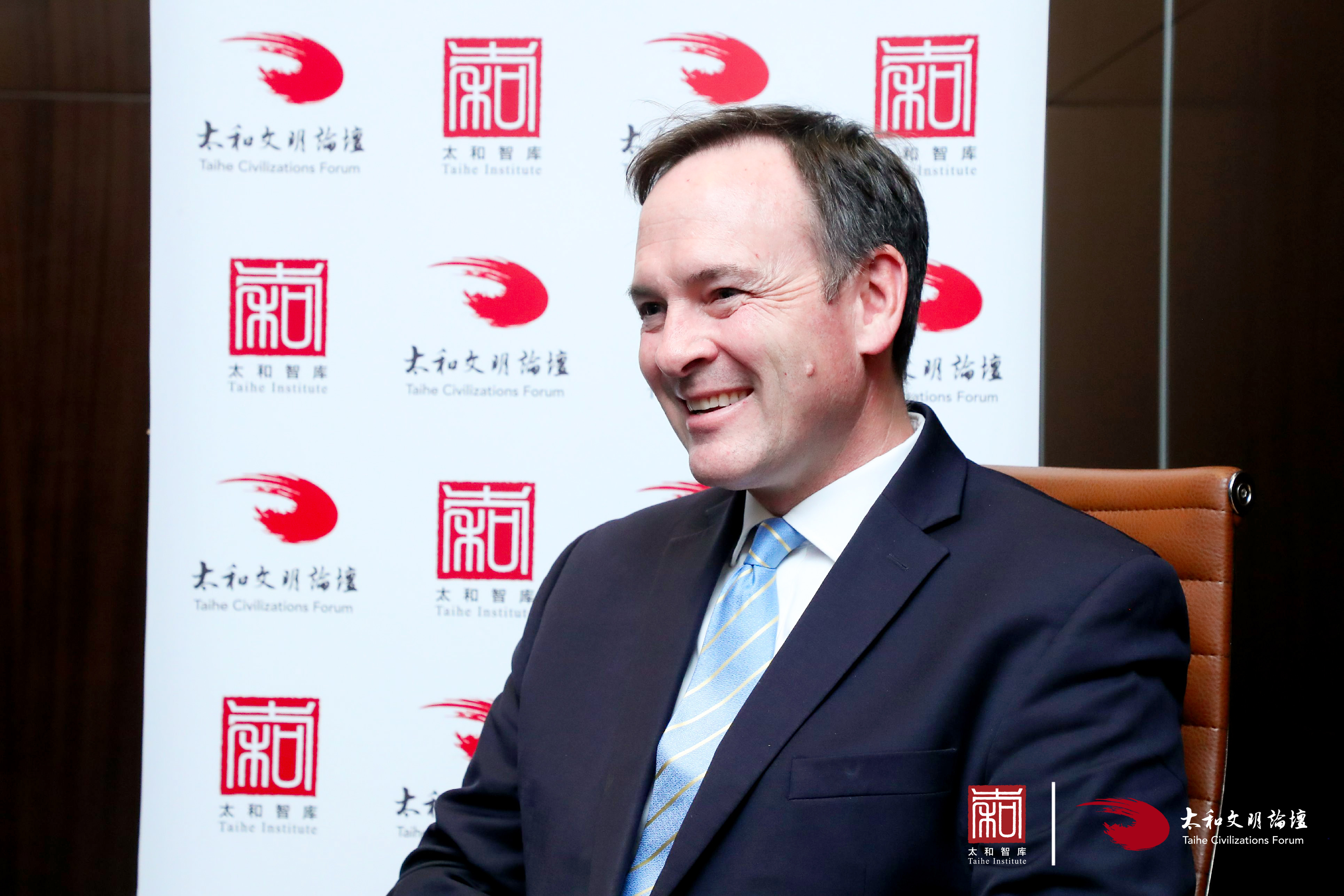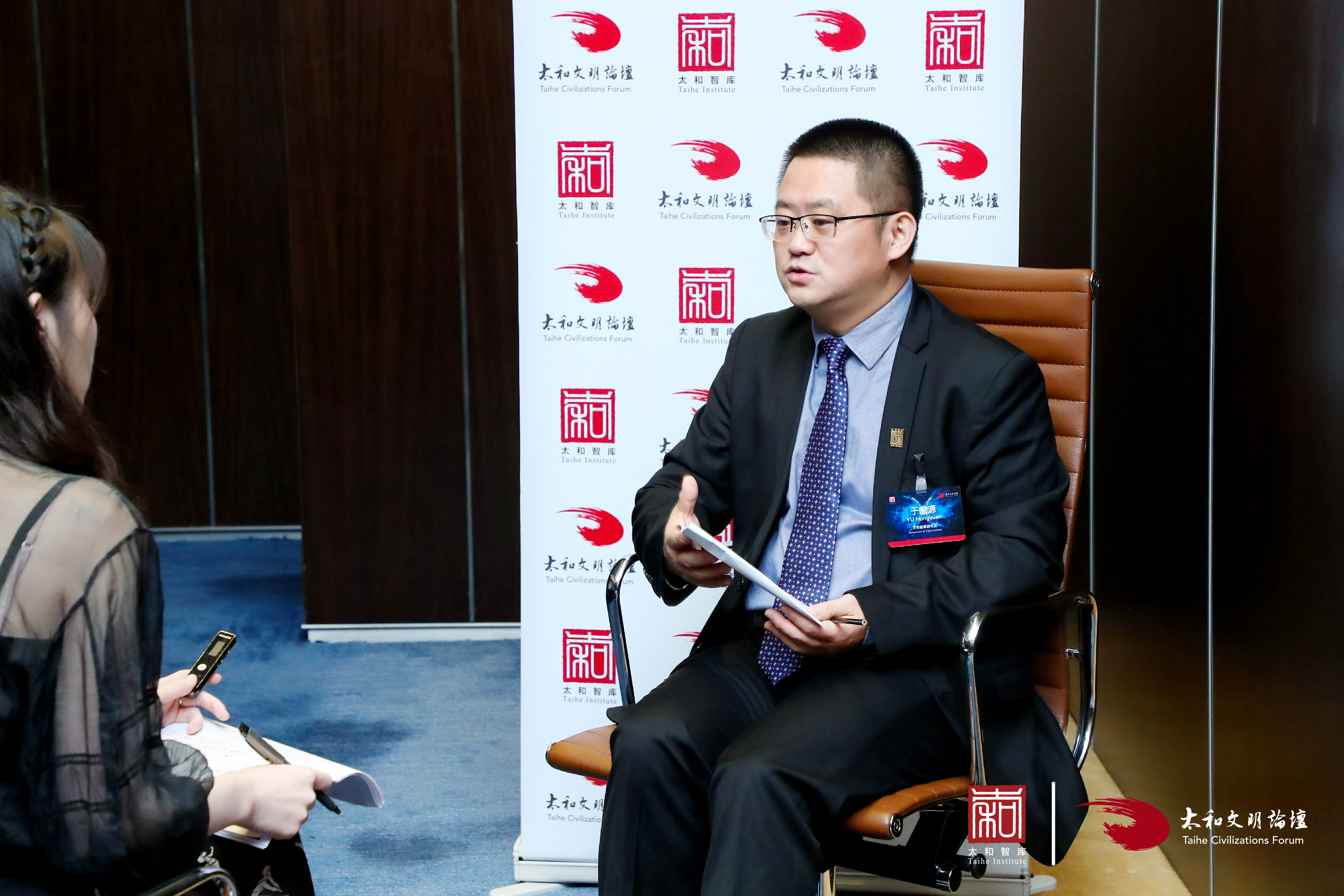
The U.S. Federal Reserve lowered its benchmark interest rate by a quarter point on Wednesday, barely two months after the first cut in 11 years. This action further rattled the stock market, with investor confidence low amid the country's trade dispute with China. U.S. President Donald Trump even upped the pressure on the Chinese side, telling reporters a day before that either a trade deal with China comes before the 2020 presidential election, or if an agreement is reached afterward, it is "going to be far worse than what it is right now."
With deputy-level trade talks in Washington coming up, how both sides deal with each other could pave the way to higher-level negotiations in October. As talks proceed in fits and starts, however, scholars, policymakers and business leaders are skeptical that a trade agreement will address the systemic problems plaguing the China-U.S. relationship.

Last week, Trump eased trade tensions by delaying a tariff increase on 250 billion U.S. dollars of Chinese imports scheduled for October 1, while China responded by delaying tariffs on U.S. imports such as soybeans and pork. Even if a trade agreement is reached that puts an end to the year-and-a-half trade conflict, and the president loses 2020 reelection, the U.S. confrontation with an emerging China is unlikely to end.
Just last week, U.S. House Speaker Nancy Pelosi – a leading Democrat – agreed with Trump, saying he was right to challenge China's trade practices. Her views signify the shift in attitude in the U.S. political mainstream toward a tougher stance on the second largest economic power, and the notion that the situation won't improve even if a Democrat unseats Trump next year.
Stephen Roach, who teaches at Yale and was an economist at Morgan Stanley, told weekly financial publication Barron's that a trade deal would still be superficial as the U.S. has a savings problem, and imposing tariffs on partners that it has trade deficits with won't solve the issue. He went on to note that the burden is on American consumers, and reconstructing supply chains within a short period of time is "next to absurd."

Even if the two sides reach a fair trade deal, it would be difficult to return to the engagement policy that defined their relationship for the past four decades. The bilateral ties are going to stay contentious for a long period – several decades, said Robert Daly, director of the Wilson Center's Kissinger Institute on China and the United States.
The trade conflict didn't just spring up but is instead the result of a multifaceted competition on the fronts of economy, technology, security and even academia. For instance, the wrestle over computer chips had been brewing long before Trump's Huawei ban. Back in 2015, his predecessor Barack Obama blocked Intel from selling its high-end microprocessors to China's supercomputers. When Trump arrived on the political scene, the tech battle had simply escalated.
"The U.S. and China are competing worldwide to be the leading country that shapes security architectures, trade and investment regimes… They are also competing to lead on global norms, laws and practices, and on the value systems that underlie them," Daly told CGTN during an interview at the third Taihe Civilizations Forum in Beijing.

The comprehensive rivalry which actually predated the Trump administration and caused tremendous mutual distrust is "primarily historic and structural," according to Daly, who served as a diplomat at the U.S. embassy in Beijing in the late 1980s and early 1990s. "It cannot be avoided."
The U.S. has been the world's most influential nation since WWII, but the list of its failures is long, he admitted. Now that China's reaching for the same level of influence, conflicts of interests have started emerging. Furthermore, perceptions of moderate Chinese and Americans toward each other are getting worse.
But Daly rejects the idea of a new Cold War, which many experts fear given the current pessimism. "It's not appropriate; it's not a helpful historic comparison," he noted.
The present-day tensions are largely between individual countries, instead of the confrontation between two blocs as in the Cold War era, Vice President of Russia's Diplomatic Academy Alexander Lukin told CGTN during his stay in Beijing.

Furthermore, political factors are only part of the equation. Yu Hongyuan, the Comparative Politics director at Shanghai Institutes for International Studies, said today's China-U.S. entanglement is unprecedented, neither like the expansion giving rise to the two world wars nor like the tensions leading to the Cold War.
Instead, "the bilateral skirmish is more of a battle between Trump and American companies and also those firms from Japan and South Korea," Yu told CGTN. This is hence an escalation that goes beyond a difference in political systems.
Henry Kissinger wrote 60 years ago that "the real tragedies in life are not in choices between right and wrong," because "only the most callous of persons choose what they know to be wrong." As the struggle between the two nations goes beyond trade, are policymakers actively working together to solve systemic bilateral problems, or are some of them intentionally going down a path of conflict?
—————————————————————
FOCUS ON CONTEMPORARY NEEDS.
Should you have any questions, please contact us at public@taiheglobal.org